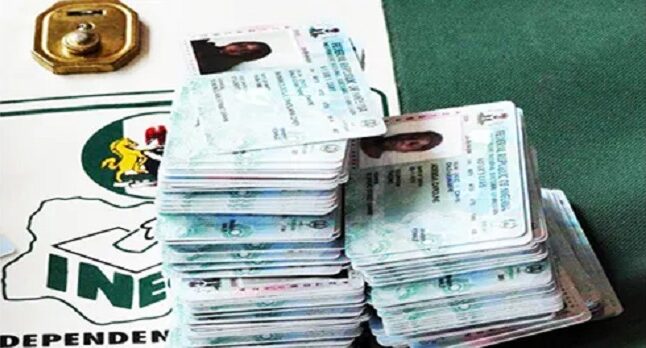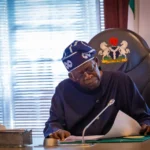It says a lot that the current President of Nigeria was elected by 15 million people in 2019 when Lagos State alone has a population of 14.8 million.
Voter turnout has been on a decline since Nigeria’s fourth republic. Starting at 69 per cent in the 2003 general elections, it dropped to 57 per cent in 2007, further to 54 per cent in 2011, to 44 per cent in 2015, and to an all-time low of 35 per cent in 2019. In the 2019 general elections, out of a voting-age population of 106.4m, only 82 million Nigerians registered to vote, and only 28 million of those registered voters eventually voted.
This is not only the case in general elections but at by-elections as well. For instance, one would have imagined that barely a month after the EndSARS protests last year, a politically charged Lagos would vote in their numbers at the Lagos East Senatorial District by-elections. Interestingly, however, voter turnout at that election was only nine per cent. More recently, the voter turnout at the Aba South/Aba North Federal Constituency election was an abysmal 3.29 per cent.
There are direct and indirect costs to Nigeria for this apathy, and they are heavy.
During the 2015 general elections INEC budgeted N₦120 billion for 70 million registered voters, but only 29.4 million people voted. If the cost per capita was ₦1,714.28, that means N₦78.1 billion of Nigeria’s common wealth was wasted at that election.
In 2019 INEC budgeted about ₦N189 billion for 82 million registered voters, but only 28 million people voted. If the cost per capita was ₦2304.82, then Nigeria wasted ₦N124.4 billion.
There are, of course, indirect costs as well. According to a report by Nairametrics, since many organisations worked a half-day on the Friday preceding the postponed general elections of 2019, the economic losses for the nation were projected to exceed ₦N500 billion.
While some people may consider this to be the unavoidable opportunity cost for preserving our right to vote in a democracy, it is hard to argue that it is not a tragic waste when 65 per cent of registered voters do not turn out to vote, as was seen in 2019.
The economic implications of voter apathy go even further. Elections build better institutions and improve governance, which in turn increase economic growth. However, questions of accountability come into play where a democratic government is elected by a sliver of the voting population. Does such a government feel responsible to the entire nation or to the segment of people who it considers vital to its election victory?
While the secondary effect of voter apathy is arguable, what is incontrovertible is the wastefulness resulting directly and indirectly from voter apathy.
According to data analysed from the CIA World Fact Book, about 125 million Nigerians will be of voting age in 2023. Certainly, INEC’s budget for the next general elections will increase substantially to match this. If we ensure a substantial increase in voter turnout from the previous 28 million, perhaps we can then justify the huge sums of money that will be appropriated by the National Assembly to INEC for the upcoming 2023 elections.
This responsibility rests, not just on the government, but on individuals, private businesses, and faith-based institutions as well. The question is, ‘what are you going to do about it?’
Obinna Osisiogu is the convener of WeVote (www.wevote.ng.)

 Join Daily Trust WhatsApp Community For Quick Access To News and Happenings Around You.
Join Daily Trust WhatsApp Community For Quick Access To News and Happenings Around You.

